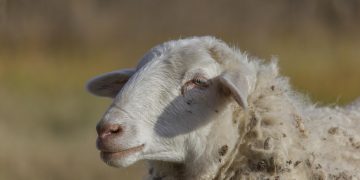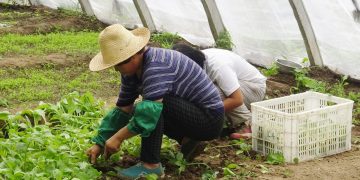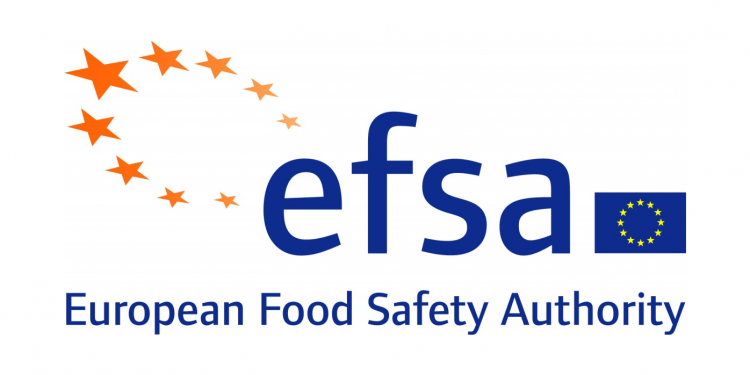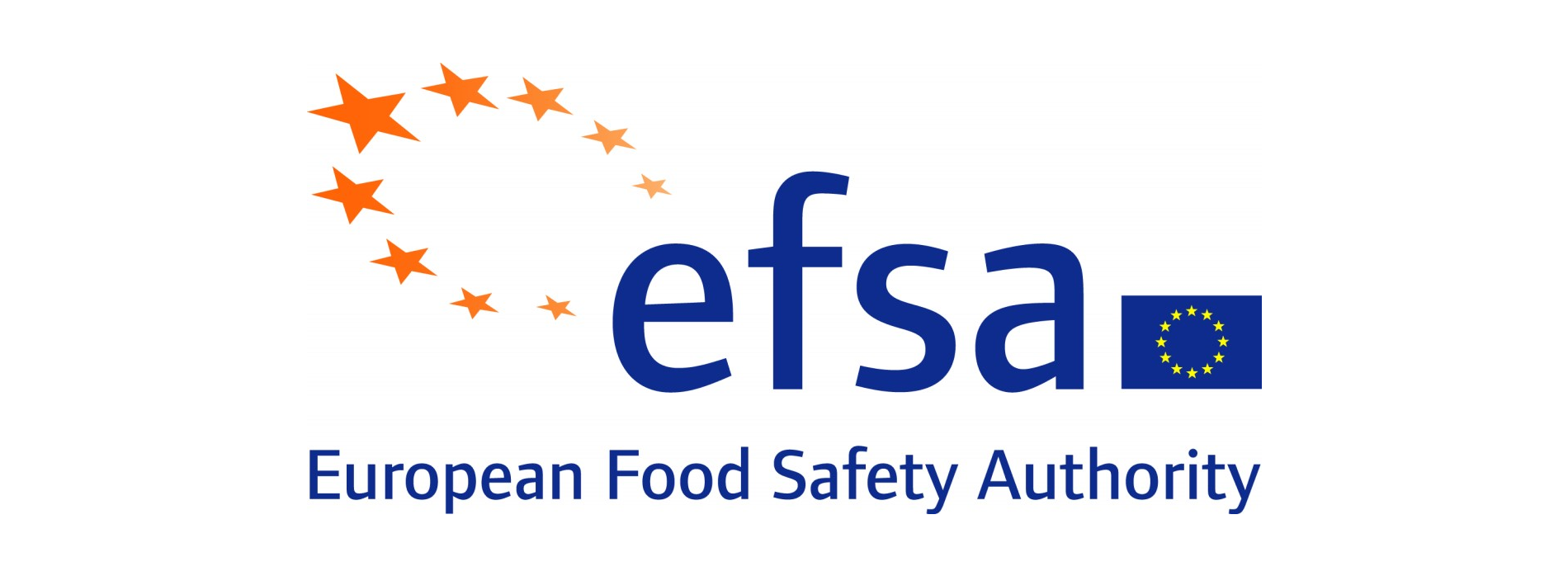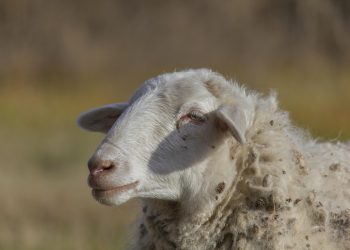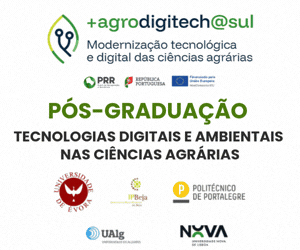In a statement published today, EFSA’s scientists have proposed six main criteria to assist the risk assessment of plants produced using the genetic engineering techniques of targeted mutagenesis, cisgenesis and intragenesis. The European Commission asked us for this scientific advice to support their ongoing policy initiative on new genomic techniques.
- What are targeted mutagenesis, cisgenesis and intragenesis?
They are genetic engineering techniques, processes that alter the genetic structure of an organism by modifying, removing or introducing DNA.
- Targeted mutagenesis is an umbrella term used to describe techniques that induce specific mutation(s) in selected target locations of the genome. The changes occur without inserting genetic material.
- Cisgenesis refers to modifying the genetic material of an organism with a sequence from the same species or one closely related. The new sequence contains an exact copy of the sequence already present in the breeders’ gene pool, which is the set of all genetic information for a given species that is available for use by plant breeders.
- Intragenesis refers to modifying the genetic material of an organism with a combination of different sequences from the same species or one closely related. The new sequence contains a re-arranged copy of sequences already present in the breeders’ gene pool.
- How are plants produced by new genomic techniques different from those produced by established GM techniques or traditional breeding?
Some plants produced with new genomic techniques may have only small changes that might also occur in nature or through conventional breeding. Others may have multiple and extensive modifications that may be similar to those in plants produced by established techniques of genetic modification used in the last two decades.
- What criteria do our experts propose to use for assessing risks from plants produced by targeted mutagenesis, cisgenesis and intragenesis?
The criteria proposed by EFSA’s scientists are described in an EFSA Statement. The first four of the six criteria relate to the molecular characterisation of the genetic modification introduced in the recipient plant. They evaluate:
- If a foreign (“exogenous”) DNA sequence is present
- If yes, whether the sequence is from the breeders’ gene pool
- How the sequence is integrated, for example is it random or targeted?
- If any host plant gene was “interrupted” (split) by the newly introduced sequence
Criteria 1-4 are designed to establish if cisgenic and intragenic sequences have altered the host plant’s genes. If they haven’t, or if no risk is identified when a foreign gene has been affected, two further criteria apply:
- Does it have a history of use?
- If not, the structure and function of the modified versions of the DNA sequence (“allele”) should be carefully assessed.
These last two criteria apply also to plants produced by targeted mutagenesis.
- What does ‘history of use’ refer to and how can it be evaluated?
Evaluating the history of use should be an important part of the proportionate risk assessment of cisgenic, intragenic and targeted mutagenesis plants as the newly modified DNA versions (“allele”) may already be present in nature. The concept is well established in the assessment of GMOs developed before 2001. The demonstration of a history of use is based on evidence that some or all of a plant has been consumed in the diet (food and/or feed and derived products) for a considerable time with no evidence of harmful effects for the consumer, and that exposure from a new use will be within the range of that of the ‘historic’ use. Similar approaches are used in assessing risks to the environment.
When the history of use of the newly modified DNA sequence (allele) cannot be sufficiently demonstrated, its structure and function should be carefully assessed (step 6 of the proposed criteria).
- Does the Statement address the issue of off-target effects?
Off-target effects are unintended mutations that are introduced in locations of the genomes other than the intended one. For plants in which the newly modified DNA sequence is successfully targeted there will be cases where the potential for unintended effects, such as off-target effects, is significantly reduced compared to random insertions or conventional breeding. When that happens, the data requirements for the risk assessment may be reduced on a case-by-case basis.
- Why did the European Commission ask EFSA for this scientific advice?
The Commission asked us to consider the conclusions from previous scientific opinions and relevant EFSA guidance documents in this area and to propose relevant criteria to be considered for the risk assessment of plants produced using new genomic techniques. The scientific documents considered cover the assessment of GM plants, plants developed through cisgenesis and intragenesis, targeted mutagenesis, synthetic biology, and the allergenicity and protein safety assessment of food and feed products derived from biotechnology.
EFSA’s work will support the European Commission’s ongoing policy initiative on new genomic techniques. See the Commission’s website for more information.
- What is EFSA’s role in relation to new genomic techniques?
EFSA’s job is to assess the safety of food for people, animals and the environment. Our Statement on the criteria for risk assessment of plants produced by targeted mutagenesis, cisgenesis and intragenesis summarises a body of work which is the first step in establishing a robust science-based framework for assessing risks from these techniques in food and feed and for the environment, on a case-by-case basis. This includes listing where existing risk assessment methodologies can be applied and also highlighting gaps in the current approaches and data requirements. It is not EFSA’s role to say how European agriculture should develop or whether new technologies are needed to meet policy goals such as more sustainable food systems.
EFSA will continue to provide technical assistance and scientific advice to support risk managers in the area of genetic engineering to ensure that food is safe for EU consumers.
- Are EU citizens aware or concerned about the use of new genomic techniques in food production?
Two recent EFSA surveys – a 2021 flash poll and the 2022 Eurobarometer on food safety – revealed low awareness of new genomic techniques among EU citizens. The Eurobarometer indicated that use of new biotechnology in food production was not a frequently mentioned concern of citizens, with only 8% of those aware of the issue also indicating it as one of their five main food safety concerns. However, the flash poll revealed “What the possible risks are” as an important information gap for citizens, with around two-thirds (69%) wishing to know more about it.
- How can I find out more about EFSA’s work on new genomic techniques?
EFSA will hold an open meeting with stakeholders with an interest in this topic on 12 December 2022. During the event we will invite contributions from the participants in an interactive panel discussion, which will focus exclusively on risk assessment and the scientific aspects of new genomic techniques.
O artigo foi publicado originalmente em EFSA.

